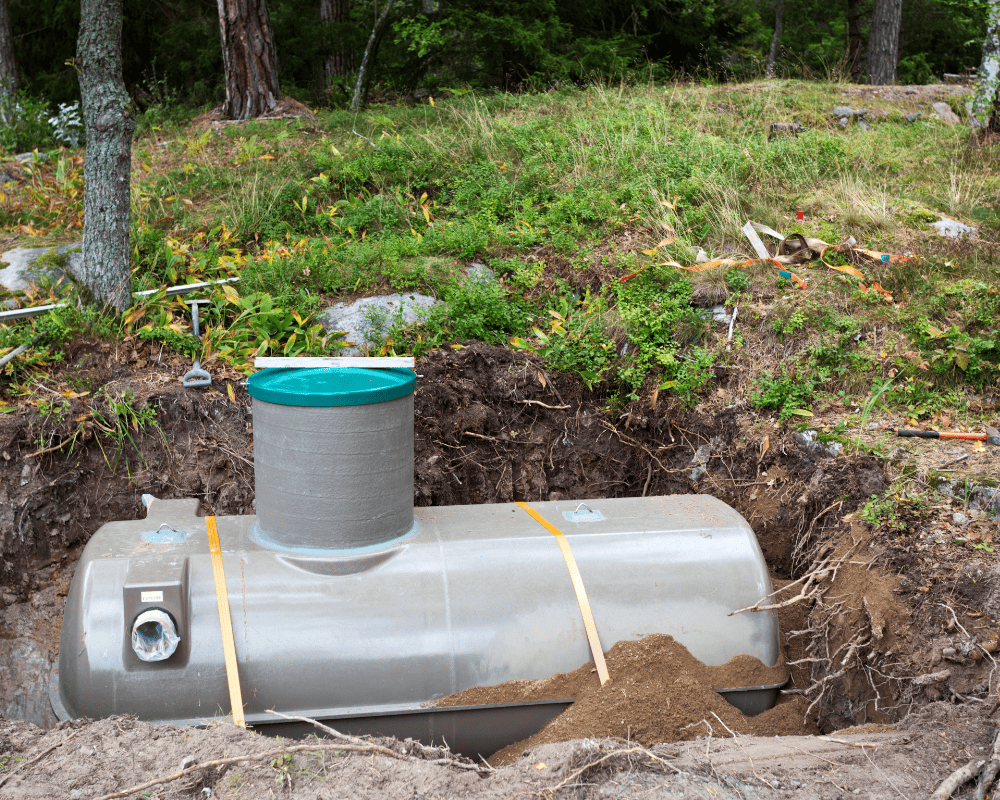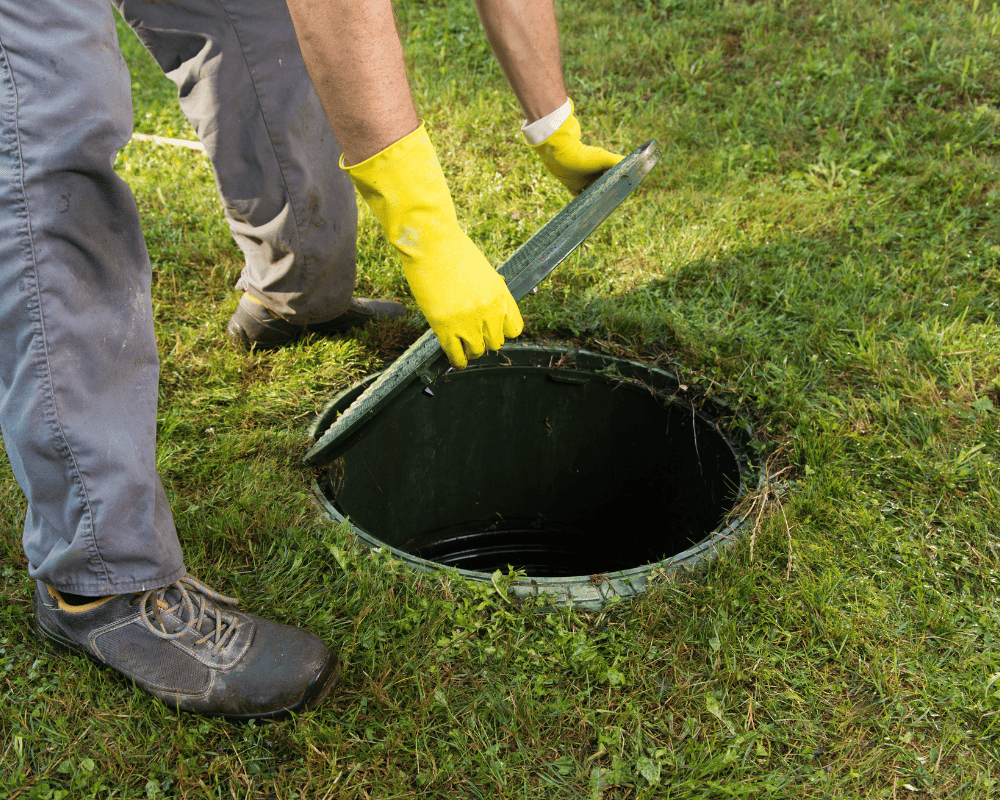The Importance of Regular Septic Tank Pumping – A Comprehensive Guide
Table of Contents
It would be best always to have your septic tank pumped regularly for several reasons. Your septic system comprises a house sewer drain, septic tank, and soil absorption (leach) field. These components need to be maintained for optimal performance and long life.
It Keeps Your System Healthy

Having your septic system pumped regularly (typically every two or five years) keeps your system healthy. This will help to remove the sludge that can build up over time and make your system run more efficiently.
The most common reason septic systems need pumping is that they become overfull with solid waste. This can happen when items such as cigarette butts, diapers, grease, paper towels, and toilet paper are tossed down the drain. Septic tanks can also become overfull when tree roots grow in the sewer lines and drain lines that lead to the tank and leach field. This can cause sewage backups that result in foul odours, standing water, and damage to your lawn. Other signs that your septic tank needs to be pumped include slow-draining fixtures or a sickly smell from your drains or drainage. If you notice this, call a professional to come out and get the problem corrected before it becomes much worse.
It Saves You Money
Keeping your septic system working correctly is essential for several reasons. It prevents costly repairs and damages, protects the environment, and helps you avoid potential health issues. It also saves you money in the long run. Regular septic tank pumping is much cheaper than replacing your entire septic system because it extends life. You can tell when you need septic services by checking the levels of sludge and scum in your tank. An excellent way to check is to use a measuring stick about 1 foot long and place the end of the stick down into your septic tank. Once the sludge and scum level reaches about 1 foot, it is time to call in a professional to pump your septic tank. This will prevent the buildup of sludge and scum from causing backflow into your home and yard and creating a foul smell and possible sewage backups.
It Prevents Problems

Having a septic tank that is pumped regularly prevents sewage backup. It can also save your home and yard from sewage damage. Sewage backup occurs when your septic tank becomes overfull with waste. It can result from sludge buildup, a clogged drain pipe, or a faulty pump. The sludge, made up of solids and organic material, blocks the wastewater flow from your septic tank to the drain field. This can cause a backup in your system, which may flood your drain field and even the nearby soil. A flooded drain field can taint groundwater and lead to harmful algal blooms that affect wildlife and humans. Additionally, it can leave a bad smell in your house or yard. The more you use your septic system, the more frequently you need to pump it out. This will depend on the size of your septic tank and how many people live in your home.
It Helps You Avoid Damage
Whether you get your water from a well or a septic tank, neglecting septic tank pumping can damage the system. If the drain field of your septic system gets clogged, wastewater can flow into the groundwater below the surface and cause contamination. This can cause severe damage to your property, which can be very expensive to repair. Regular septic tank pumping ensures that clogs and wear are minimized, reducing disruption in your day-to-day life. Septic tanks work to separate solid waste and scum from the liquid effluent that flows from toilets and sinks into the tank. Bacteria that live in the tank consume and dissolve the sludge, and the lighter scum will float to the top of the tank. The sludge and scum must be kept out of the drain field or soil, where they could contaminate groundwater. This is why it is crucial to have the tank pumped every 3 to 5 years by septic professionals.



